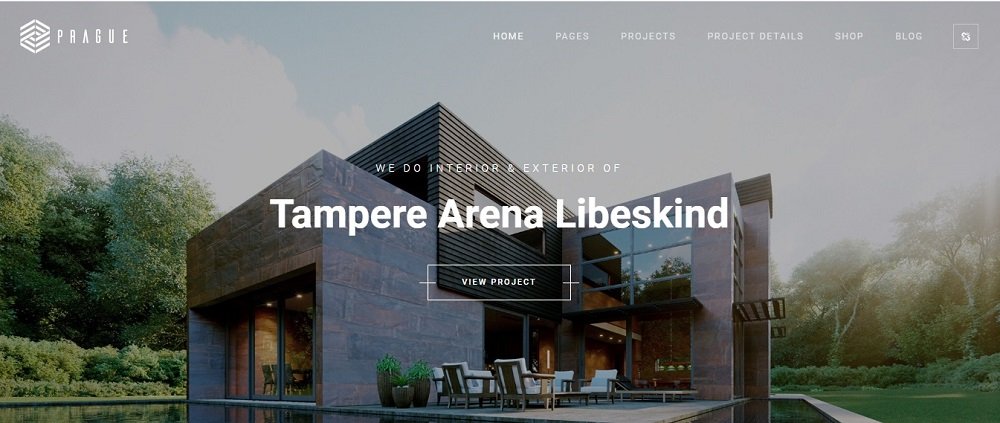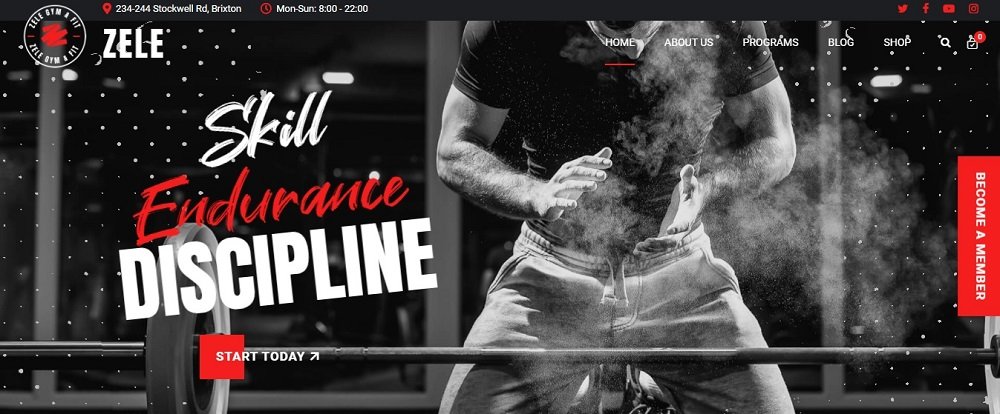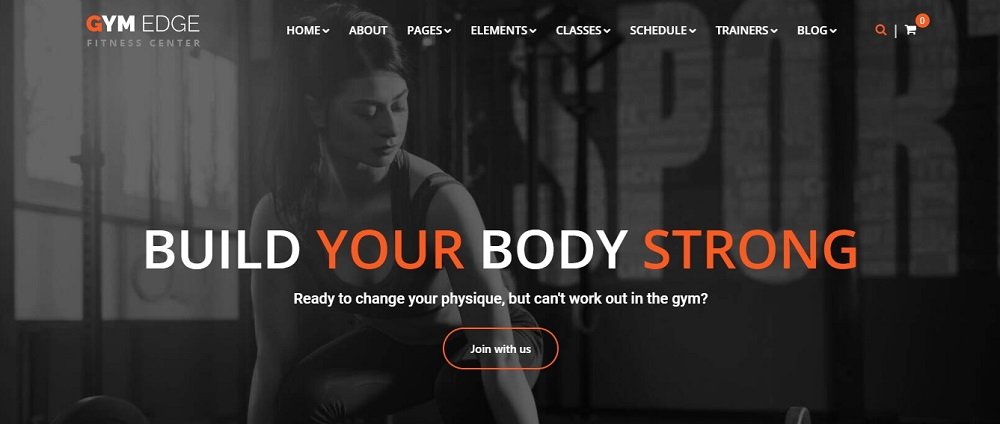Confused between WordPress Vs Wix Vs Weebly? Check this guide to find the comparison.
WordPress, Wix and Weebly are website creating platforms specially designed for those who have no coding knowledge or technical background. Apparently, all these platforms are designed for the same purpose but actually each platform have its distinctive features that make it different from the rest.
Table of Contents
ToggleThis blog is going to be a perfect guide for you if you want to know which platform is the better one for website development.
What is WordPress?

WordPress is an open-source software, first created in 2003.Matt Mullenweg is one of the founder of WordPress. It is known to be the most convenient and popular way for the creation of website or blog. WordPress was designed with the intention to allow people make a customized website or blog without having to use coding.
WordPress is considered as an amazing innovation for people with no technical background or programming knowledge. WordPress enables its user to create website based on their preferences with the help of content management system. If you want to create a website for your company but you are not a developer, then there is nothing to worry about because WordPress has increased the accessibility of its users to easily customize and design a website or blog.
The interesting part is about 43% websites on internet are using WordPress which best explains the popularity of this platform. Additionally, the use of WordPress is completely free of cost, which means you do not have to spend a single penny for your website development, what’s better than that?
Pros of WordPress:
- The biggest advantage of WordPress is; it is the most frequently used platform by 43% of the websites on internet like Microsoft and White House etc.
- It is an open-source platform and free of cost with incredible options to create and customize your website.
- It is extensible, once you’ve created your website you can easily modify either by the theme or by the function it performs.
- It is easy to use, all the design and creation options are easy to access and navigate.
- It has a number of built-in themes for your website to give it an aesthetically appealing look.
- It is easy to install and accessible, you don’t have to spend a lot of time in the installation.
- WordPress provides website security to its users.
- Above all, knowing the popularity of the platform it is very easy to find help and tutorials if you get stuck at some point or face problem while designing your website.
Cons of WordPress:
- Being a popularly used platform you may find the speed of WordPress slow sometimes.
- Website security risk exists as the hackers can try to hack your website.
- If you want to avail more features you need additional plugins.
- The platforms require frequent updating which can be frustrating and time taking at times.
- You may at some point feel the lack of customization options.
What is Wix?

Wix is an online software that enables its user to create website or mobile sites just by using the drag and drop option. It is a convenient website building platform with incredible customization built-in features to help their users create an outstanding and professional website without needing to use coding or technical expertise.
Wix allows the users to design their website using their own innovation and ideas, it contains a number of templates to accelerate the process of web development. About the pricing of the platform, Wix has three standard business plans and you can choose the one which best fits your business and budget.
Wix is known to be ideal for medium to small businesses. With its user-friendly interface, anyone can access to the platform and create the website of their desirable outlook. Talking a little about the background of this platform, Wix is owned by an Israeli company and apart from the headquarters it does have its offices in many other parts of the world.
If we look at the statistics of the usage of this platform, it is considered to be used by only 2.5% of websites as per the survey conducted in September 2023. The revenue generation of the platform is dependent on premium upgrades.
Pros of Wix:
- Wix is a user-friendly software, the creation of a professional website using this platform is extremely easy even for those who lack proficiency in technology or have no technical background.
- It has numerous eye catchy templates and design to give your website a professional look with many options to add functionality to your website.
- Apart from the built-in templates there are some options of customization as well to make sure your website stands out.
- It provides SEO optimization help to make sure your website reaches the targeted audience and cause traffic on your website.
- Wix provides its users data security to help them secure their website from hackers.
- Wix has other integrations and tools to help you elevate your business, such as; logo designing option, safe payments option and the option to create a free website during the trial period.
Cons of Wix:
- It lacks flexibility, with many customization options it still restricts its users to change the template once the website has been designed.
- If you opt for the basic business plan on wix then you might have a narrow list of monetization options and won’t be able to avail features like advance shipping, subscriptions etc. This limits the accessibility for the users.
- The store navigation system is basic and simple, and it is not convenient for large business to manage the visibility of their inventory.
- If you add more pictures and videos to your website, then you might find slow loading times on your site.
- If you want to allow a third-party plugins or apps to grow your ecommerce business but Wix does not own a relationship with that distribution channel then you won’t be able to avail this opportunity.
What is Weebly?

Weebly is a free website builder allowing the users to create a website to help them grow their business by making use of exceptional templates and tools to make the step of web development easy and accessible.
If you are an online store owner and worried about the payment methods, then Weebly has got you covered. Weebly has now collaborated with squareproduct suite to make the payment methods safe and convenient at both ends making sure you do not have to worry about the payments.
Weebly does not only allow you in the website creation but it also helps you uplift your business by having an on-board crew to assist you in the difficult times of your business via call, email or chat support. Weebly allows you toget started on free and also have several premium features on upgrade.
Weebly has a WYSIWYG (what you see is what you get) editor that replaces the coding hustle to a drag and drop option for anyone with little coding knowledge. Talking about the history of this platform, it was an innovation by some college students who with the intention of making website creation process easier designed this platform.
Pros of Weebly:
- Weebly has known to give the speed test with outstanding results that are up to the mark as per the Google Page speed standards.
- Weebly has a wide range of templates and customization options.
- Using Weebly editor is extremely user-friendly and simple, you don’t need to be a tech expert to create website on Weebly.
- Weebly has a distinctive feature of creating and editing your website via your mobile phone, this feature is only affiliated with Weebly and is what make it different from other platforms.
- Weebly has an interesting feature of App Centre which helps the users to know the statistics of traffic on their website and help in boosting the overall performance of the website.
- Apart from the option to create a free website using Weebly, it also offers some bonus features to its users such as; free domain, free SEO report and easy to upgrade options.
Cons of Weebly:
- If you want to create a blog on Weebly then you may find limited blogging options unlike WordPress.
- In many cases, you will find the photo editor of Weebly not doing its job well and would need to do the photo editing offline.
- If you need help from Weebly you have to pay for it depending on the type of plan you chose which is quite unfair.
- Payment methods can be hectic at times, as square does not work everywhere. And it accepts credit cards in only few countries.
- The phone support option is only available for users who opt for the professional plan otherwise for the basic plan the customization options are limited.
- You will encounter a number of square ads unless you have subscribed to the professional plan.
Contact Tectera who are a web design company in Scarborough. who offer WordPress, Wix and Weebly web development.
Suggested Read:















































